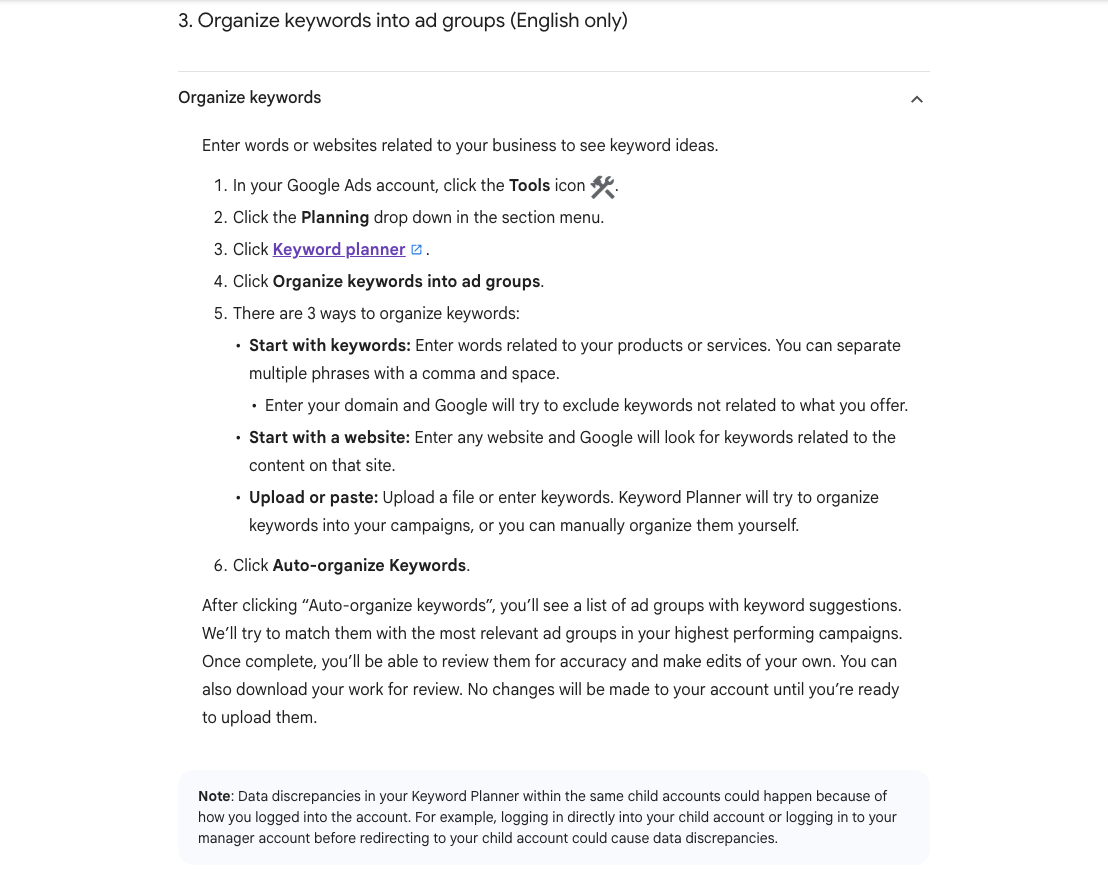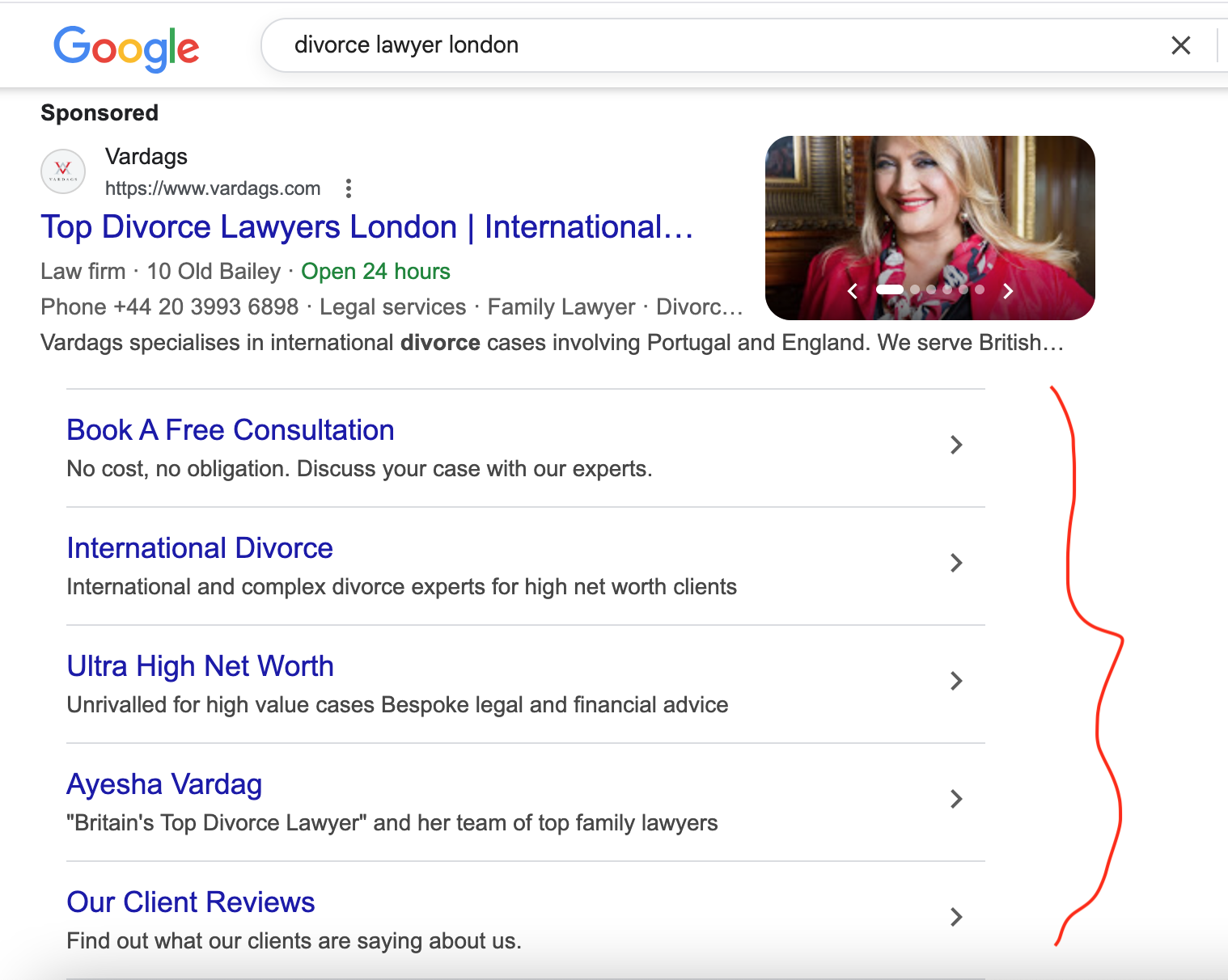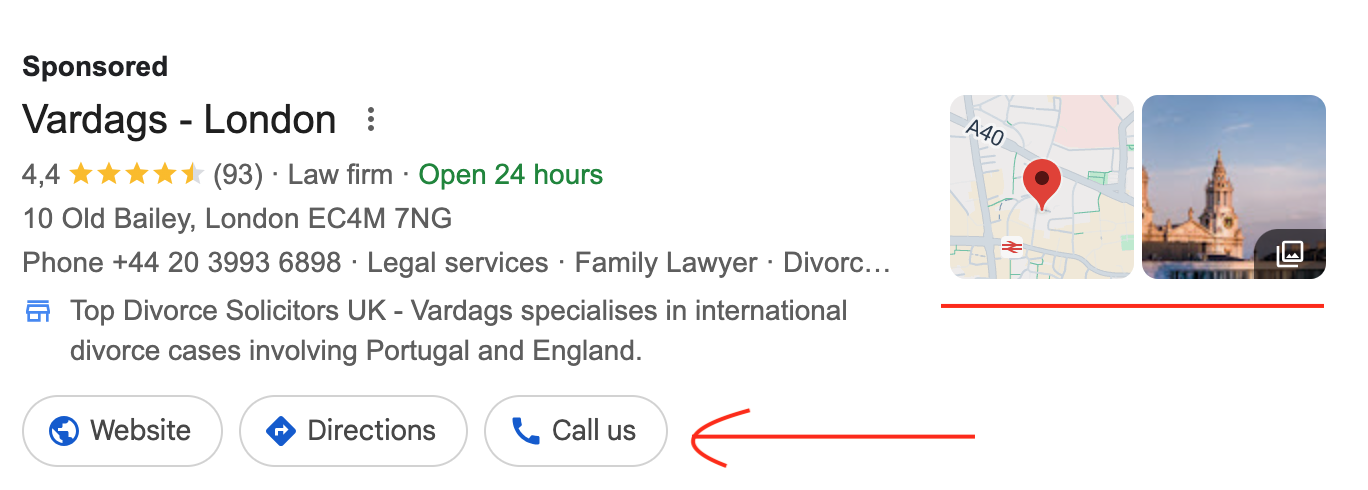Content

Are you making common PPC mistakes to avoid that are draining your advertising budget? Pay Per Click (PPC) campaigns can drive incredible results, but most marketers unknowingly commit common PPC mistakes that cost them thousands of dollars.
Many companies rely on PPC campaigns to promote their business and attract new customers, but challenges often arise along the way. Even experienced marketers sometimes make PPC mistakes that can seriously affect campaign performance. Our analysis shows that most PPC campaigners suffer from insufficient results because they fail to set business and marketing goals.
This is all about core PPC targets, including conversion rates, visits, and impressions.
PPC Results In Premium Sound Case Study by Promodo

What you should know before setting in is the quality, eligibility, and search relevance of your ads.
PPC planning is about a proper understanding of who your targets are. Once your ad does not resonate with your targets, you will not reach the right audiences.
Prior to setting up your ad and investing money in PPC, do a fair share of consumer research. Make sure you know your customer profiles to ensure the highest personalization.
Spot your targets throughout their customer journey. Do not limit PPC performance by mistargeting other channels of your funnel.
Mishandling your PPC budget happens, but it shouldn't become a habit. PPC marketers are mostly concerned about optimized PPC ad budgets. In this vein, be sure to cut spending on underperforming ads and campaigns both at an ad group level and an ad level. Reduce wasted costs by re-appropriating your PPC budgets to better-performing ads or ad groups, and increase bid spending on PPC ads that show the highest potential.
The problem of wasted spending occurs every time you budget the wrong amount. The tip of the day here is to get rid of waste prior to increasing your PPC ad budget. In this pursuit, do your best to measure bids, targeting, competition, and other key performance indicators. Also, check for competition level and optimize your cost-per-click (CPC) budget. PPC’s best practices indicate that striving for more budget is erroneous. Instead, hit your strategic goals honestly and save your campaigns from diminishing returns.
To avoid these mistakes, follow this simple budgeting approach:
This way, you’ll manage your PPC spend more wisely and avoid common campaign mistakes like overspending on the wrong ads.
PPC Budget Optimization for LC Walkiki by Promodo

Downplaying keywords is among the major sins. This is because users search with phrases. Filling 2-5-word collocations in the search bar is just enough to show what people want to get.
That is why you are to create ads relevant to the most popular or trending searches. With that, not going overboard with the targeted keywords. Broad PPC ads will cost you much and prove ineffective. While targeting your niche, do not get too narrow not to lose potential markets.
The best-fit advice at hand is to do keyword research well in advance. This is the surest way to match the finest keywords in your PPC ads with the needs of your target audience.
Keyword research with specialized PPC management tools like Keyword Gap Tool and PPC Keyword Tool will help you reach the right people, your potential customers. The same toolset will optimize your PPC ad campaigns.
With Keyword Gap Tool, check out the keywords used by your closest rivals. On this feasible background, you’ll expand your PPC keyword outreach.
With PPC Keyword Tool, arrange keywords into lists to optimize your ad groups at the campaign and ad group level accordingly.
To get the lowest competition, choose the keywords with the highest PPC potential.
Or, use Google Keyword Planner, which is free and great.

Misusing broad match keywords comes among the major PPC flaws.
Google wants more from your PPC ads than just pointing to your product/service name. To mitigate generic and irrelevant search queries, empower your keyword phrases with variations. Exact match keywords will drive more conversions and let you manage your PPC ad campaigns effectively.
Exact match means that you place words or phrases in a strict order without any changes or additions. This is how you will achieve specific searches and boost traffic across your ad groups.
Exact matches are also about higher conversion rates and lower CPC cost-per-click budgets.
According to a study by Optmyzr, 56.7% of accounts saw better conversion rates using exact match, with a median improvement of 68.6% over broad match; meanwhile, 72.5% of accounts achieved better CPC performance with exact match, with a median difference of 113.5% in favor of exact match.
Broad-match keywords are fine when you mine new keywords. Rely on broad match modified and a robust negative keywords list to save your PPC ad from irrelevant search queries.
Don't forget about the negative keywords — they’re just as important as your target keywords when it comes to running a profitable PPC campaign. Negative keywords help you block irrelevant traffic, reduce wasted spend, and improve ad relevance.
There are a few types of negative keywords to know.
1) Broad match negative keywords prevent your ad from showing if all the words in the keyword appear in any order in the search query.
2) Phrase match negatives block your ad when the exact phrase appears in the query, even if there are other words before or after it.
3) Exact match negatives only block ads when the search term matches the negative keyword exactly, with no extra words.
There are several easy ways to collect negative keywords. One of the most effective is to analyze your search terms report. Look for irrelevant queries that triggered your ads and add them as negatives. You can also study competitor ads and landing pages to find terms that may be unrelated to your offer. Another simple method is brainstorming with your team: think of industries, audiences, or contexts where you don’t want your ads to appear (e.g. “free,” “job,” or “review” might be common negatives depending on your goals).
Once you have your list, make sure to structure negative keywords properly. Add broad or generic negatives at the campaign level if they apply to all ad groups (for example, exclude “cheap” from a premium product campaign). Use more specific negatives at the ad group level to fine-tune what each group targets and avoid internal competition between ads. Group your negatives into themes or categories, and keep the lists updated regularly to reflect changes in your campaigns or search trends. This small habit can save a big chunk of your ad budget.
Ad relevance is your core milestone!
You cannot apply the same set of ads across multiple ad groups, even if your ad groups are subject-related. It is crucial to set exact phrases through which you want users to take action on your pages.
Trigger keywords when you work out PPC ads. Make sure that ‘rent an apartment for a night’ and ‘rent an apartment for a week’ belong to separate ad groups and come as two different ad copies.
You will reach the finest relevance by filling in keywords in Headline 1 (H1) and further in the ad description.
No matter how well-targeted your PPC ad copy may seem, it is not saved from typos automatically.
Naturally, advertisements with grammatical errors will only increase the bounce rate across your funnel.
Along with checking for outdated ad extensions, avoid grammar mistakes in advertising.
Typos and spelling errors are among the commonest grammatical errors in advertising.
Make your PPC ad error-free by using spellcheck software like Grammarly.
In addition, consider your PPC ad sets holistically to get rid of advertisements with grammatical errors. This is especially true when you add up or update textual elements in your ads.
Always check whether your ads align with extensions. Do not set extensions at the entire account level. Instead, extend at the campaign or ad group level.
Beyond breaking out campaigns and ad groups with the most relevant keywords and negative keyword lists, take time to observe and target your audiences.
Try to visualize the people you want to land on your pages. Who are they, what do they do, what are their needs, where do they live, and what are their lifestyles and preferences? These and other key questions will help you better understand user behavior and customer journey on your website.
Customer Journey Solution To Premium Sound by Promodo

The finest piece of advice here is to use observation settings to overlay your target audiences. That is the surest way to know more about your PPC campaign’s performance.
Check your bids for positive and negative adjustments to make sure you target the right audiences as potential consumers of your products or services.
Overall, positive and negative bid adjustments will save you from paying more for conversions than you have expected.
You are also free to customize your target audiences who have already been on your pages.
Based on search results and online activities, Google will help you optimize audience lists. In addition, try tailored messaging once you target your in-market and niche-specific audiences
Primarily, target previous site visitors, lookalike audiences, all previous customers, and lookalike customers.
In addition to targeting the right audiences, use bid modifiers to control conversions by the device. Mobile traffic accounts for approximately 64% of all internet usage, slightly higher than the commonly cited 60%. Contrary to popular belief, average CPC on mobile is not consistently 25% lower than on desktop—in many cases, it’s similar or even higher, depending on the industry.There are niches and services that will help you optimize cost per conversion on mobile devices.
Take PPC as a reliable channel to reach your audiences immediately, the moment when people are querying for similar products and services you offer.
Do not be afraid of experimenting with PPC investments in ads and ad sets. In addition to organic marketing, upscale your return with PPC campaigns.
The majority of PPC ad campaigners are misusing the average position metrics. Hitting the top average position, however, does not mean your ad is atop. The First Average Position in the search results merely indicates that your ad is above the paid ads placed by competitors.
Once you are targeting the First Average Position, beware that the pursuit may cost much and not bring you as many conversions as you like.
PPC Results for LC Walkiki by Promodo

Always aiming at the top positions in Google rankings often comes way too overambitious. The endeavor will turn out time-consuming and will exhaust you in a short while.
Focus on ROI instead and generate clicks in a stable manner you are able to maintain. Lower positions will bring you clicks and save money.
Avoid common PPC mistakes by making sure you know what you are targeting with your ads.
Designate your marketing goals and expected outcomes honestly. This will serve you as a solid background for effective management and measurement of your PPC campaigns.
Figures and metrics are at the core of successful PPC campaigns. It is vital to understand the lifetime value of your project to define the cost per acquisition and the bid per click. This will save you from spending too much or too little to get the most out of PPC ad campaigns.
Estimate the number of visits, impressions, leads, and sales among core metrics before setting your PPC budget. Working out numbers will help you match PPC performance expectations with actual outcomes.
Adding Google ad extensions to PPC campaigns is just as important. Ad extensions widen the ad’s space and its on-screen visibility screen. They help you boost user engagement and CTR. These include:




Fill your PPC ads with location, callout, site link, and price extensions.
For example, location targeting will help you optimize conversions in the area of your business.
Start targeting people where you are, instead of other places or regions. Do not forget to tweak your location on your campaign settings. In the same way, personalize your audience with location to boost user engagement.
Location targeting will help you grab the attention of the right people.
Few PPC campaigners are aware of highly customizable Google Ads scripts. The automated feature will save you from tedious tasks.
Time-saving ad management scripts will help you manage ads, check out ad placements, optimize budgets, and arrange keywords.
Google schedules campaigns automatically throughout the day. This is not the best-fit option, however, while you can always customize a perfect time to run the campaigns. A one-second improvement in mobile page load time can increase conversion rates by up to about 27%, according to studies by Google and other industry benchmarks.
The golden time is when you’ll get the best conversions. Do a bit of extra research to spot when your target audiences are searching online most actively.
Grasping busy time periods will help to even up your ad budget and get the best possible leads throughout the day. A customized arrangement of PPC ads will help you arrange bid modifiers.
By knowing your high-performing time periods, you will achieve maximum spending optimization and the highest conversions.
While Google is assisting beginner PPC campaigners by offering to manage smart search, display, and shopping campaigns, do not rely on them.
The AI algorithms help to control keywords, scheduling, and bidding options among others. However, these paid automated options have so far proven ineffective and disappointing.
Always benefit from customized options while managing your PPC ad campaigns.
Just as direct response targeting, hitting conversions at the bottom of the funnel is not enough. You are to grasp your entire funnel to make the best use of PPC ads.
Knowing your customer journey throughout the funnel is vital. The key here is to experiment with budgets, content, and ad groups. You may also need to re-target your visitors to the order page.
Mind that, PPC campaigns are not all about boosting leads or sales.
Actually, this is to say that PPC budget optimization directly depends on knowing your funnel all throughout.
As a measure of success, our PPC marketers suggest tracking conversions directly. The same is true for engagement and awareness goals.
Do not water down your efforts by landing traffic on the wrong pages. In addition to shaping your targeting and engagement goals, reach the highest conversions by making your PPC campaigns hit strategic places within the funnel.
Always make visitors want to make the next step on your pages. While directing traffic to the site, mind for user convenience of your landing page, content quality, and previous user experience.
Google is continuously updating its PPC metrics.
Following the announcements is vital to keep up with the latest in ad structure settings, bids and auction changes on Google and Bing platforms, and search results page (SERP) layouts among other core variables.
Staying up to date will help you reach wider audiences and achieve higher conversions.
While most PPC marketers focus on the campaign and ad promotion, they omit the quality of a landing page.
Crucial to conversions, your landing page predetermines the relevancy and overall success of a campaign.
The quality here is making users engage with your product or service and convert. Essentially, your PPC ad descriptions should match the content you put on a landing page.
We suggest A/B testing to spot the best-performing landing pages in terms of conversions.
You may reach higher conversion rates by simply using a more relevant headline or button shadow. That is why running two versions of a landing page at once is always a win-win.
Depending on the keywords you target, create a sufficient amount of dedicated landing pages to diversify your PPC ads.
Relevant landing pages will surely drive you to more conversion rates.
Finally, few PPC campaigners make their PPC campaigns pass through ongoing optimizations.
Success in PPC marketing is about continuous ad optimization. Vital to PPC management is tracking your ad metrics on a daily basis.
The numbers will tell you where you should improve key performance indicators. One day you may need to add or remove keywords, while on the other occasion, you would alter your bidding strategy or tweak the negative keywords list.
Our last tip of the day: level up your PPC ad budget when your campaign looks promising over time. This means that your current spending pays off with conversions.

You may also like
Choose quality and trusted services to improve the presence of your company on the Internet, and feel free to contact our UK team if you have any questions.

If you’re running a pay-per-click (PPC) Google campaign in 2025, you’re probably wondering whether it’s really effective and how you stand.

Today, SEO specialists are willing to try almost anything to preserve traffic that’s being relentlessly devoured by Google’s constant updates and the rise of AI

Changing a website’s domain has always been — and will remain — a risky process for any site.

In this guide, we’ll explore what PPC for eCommerce sites entails, how it functions, and why it's a powerful channel for increasing sales.
We at Promodo are ready to help you improve your performance across all digital marketing channels.
Get started
